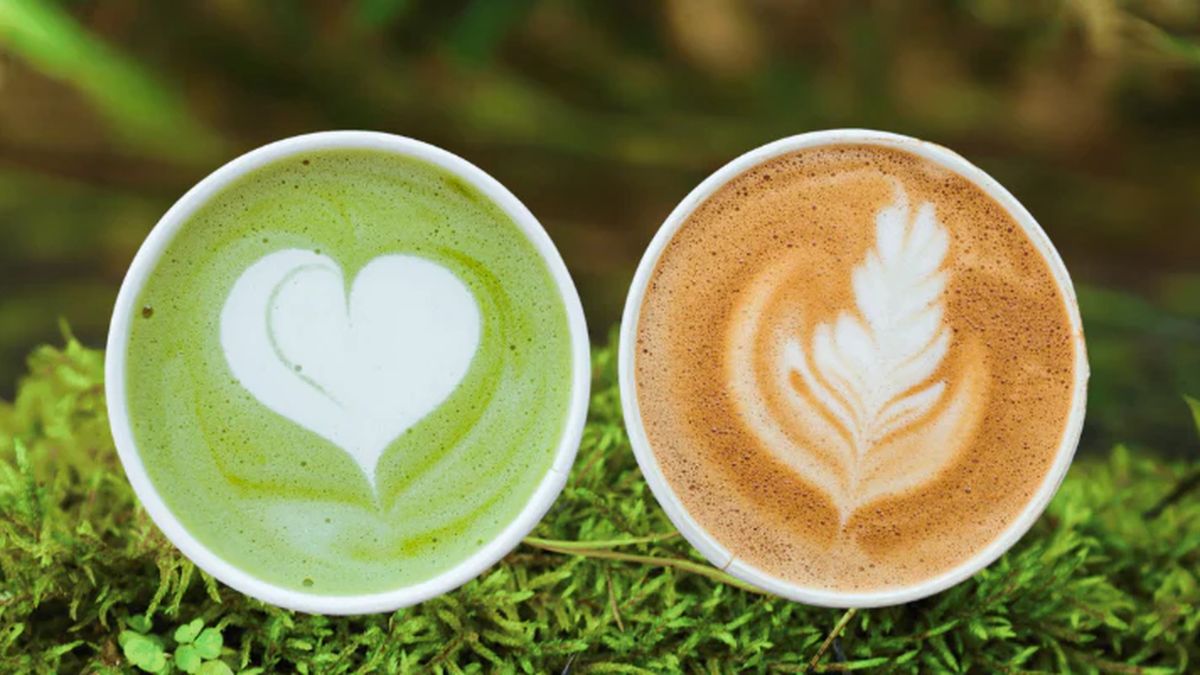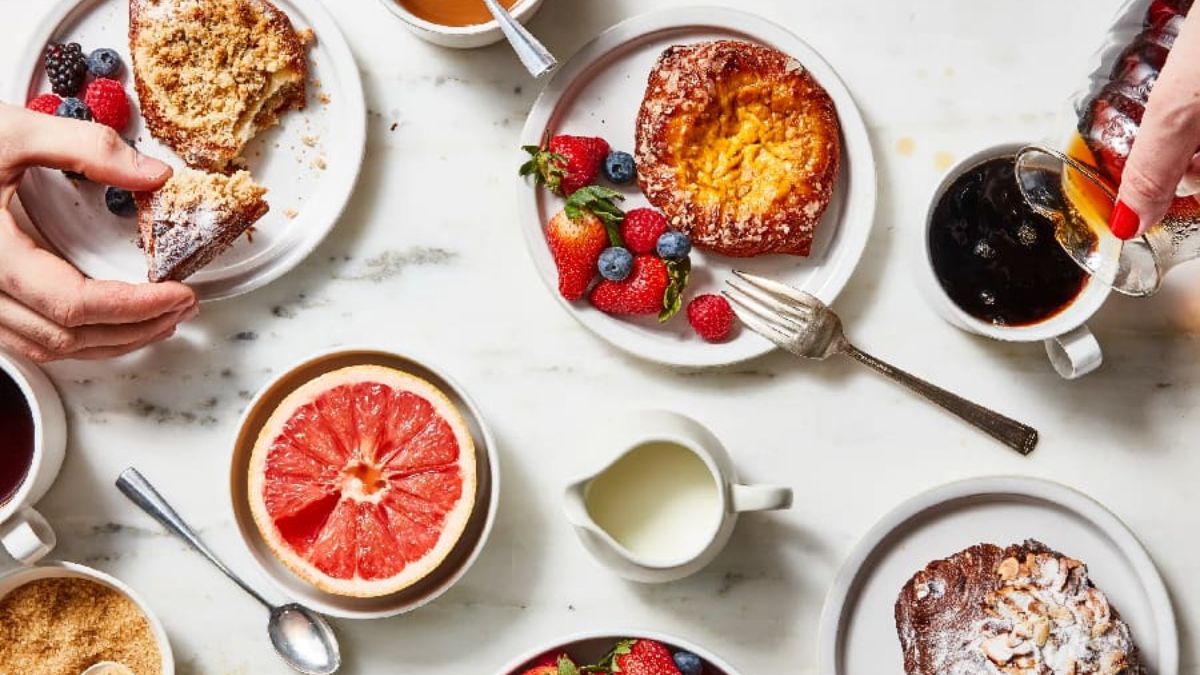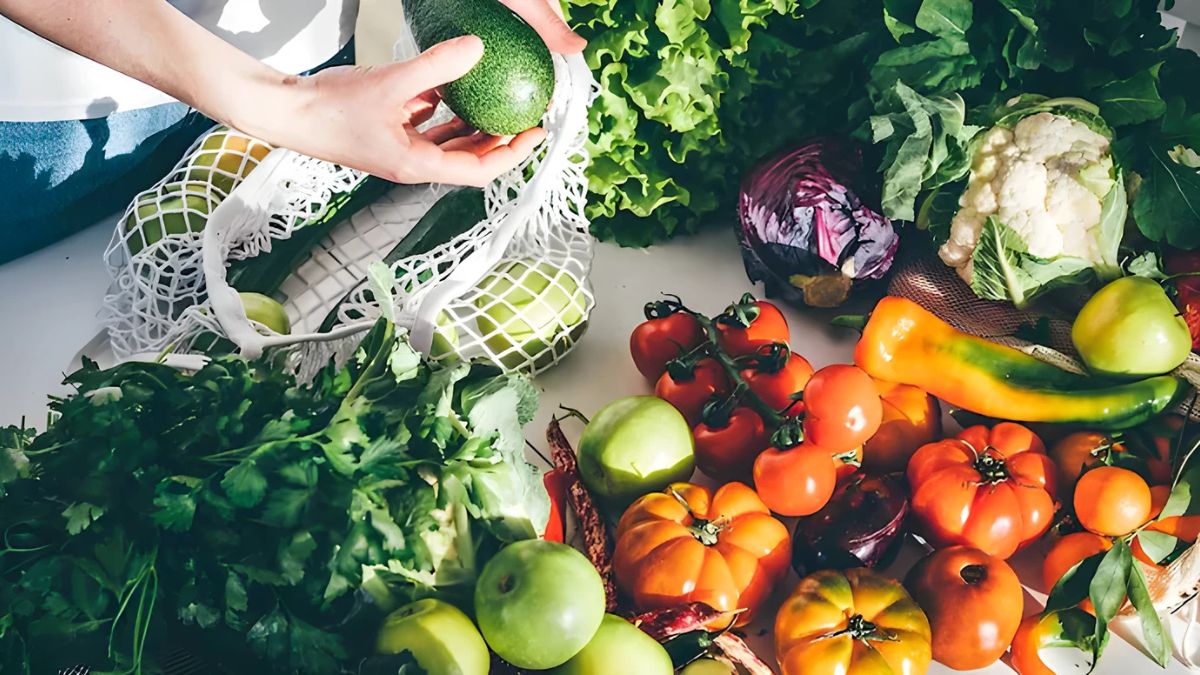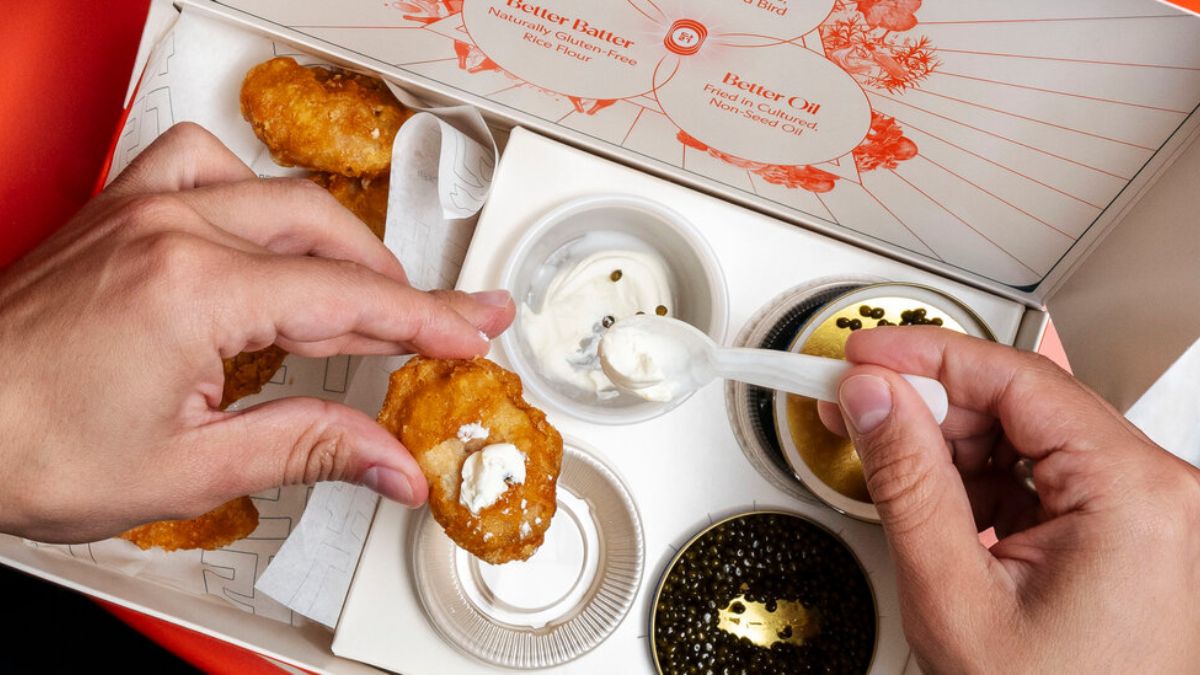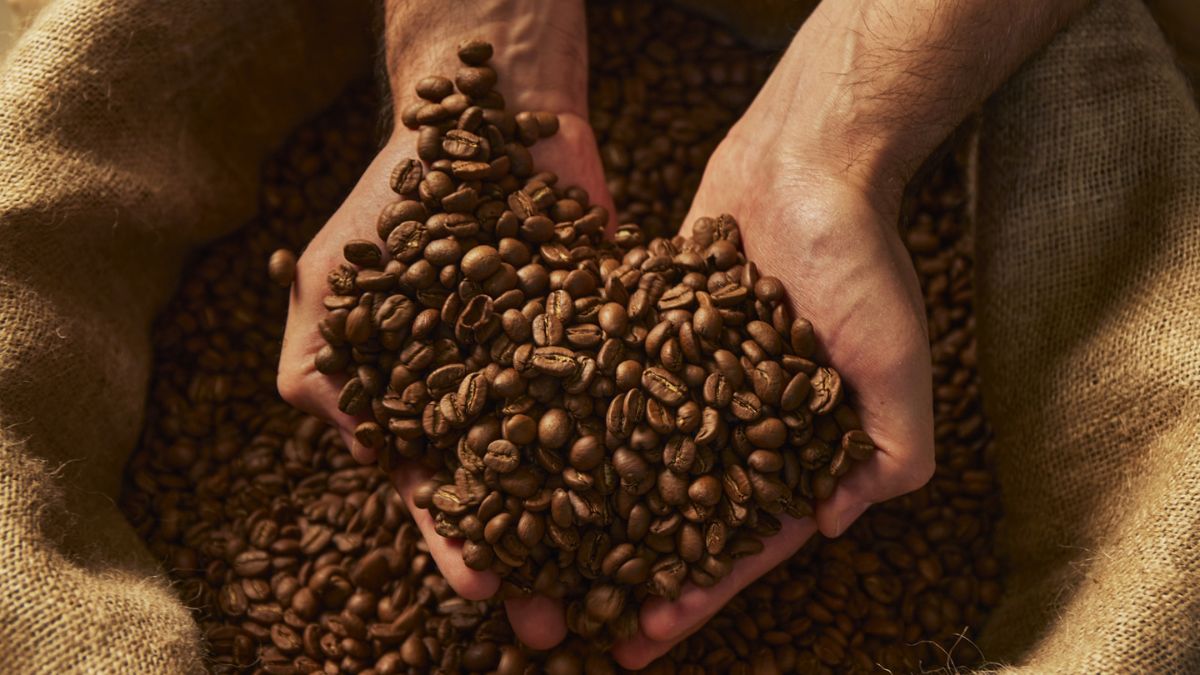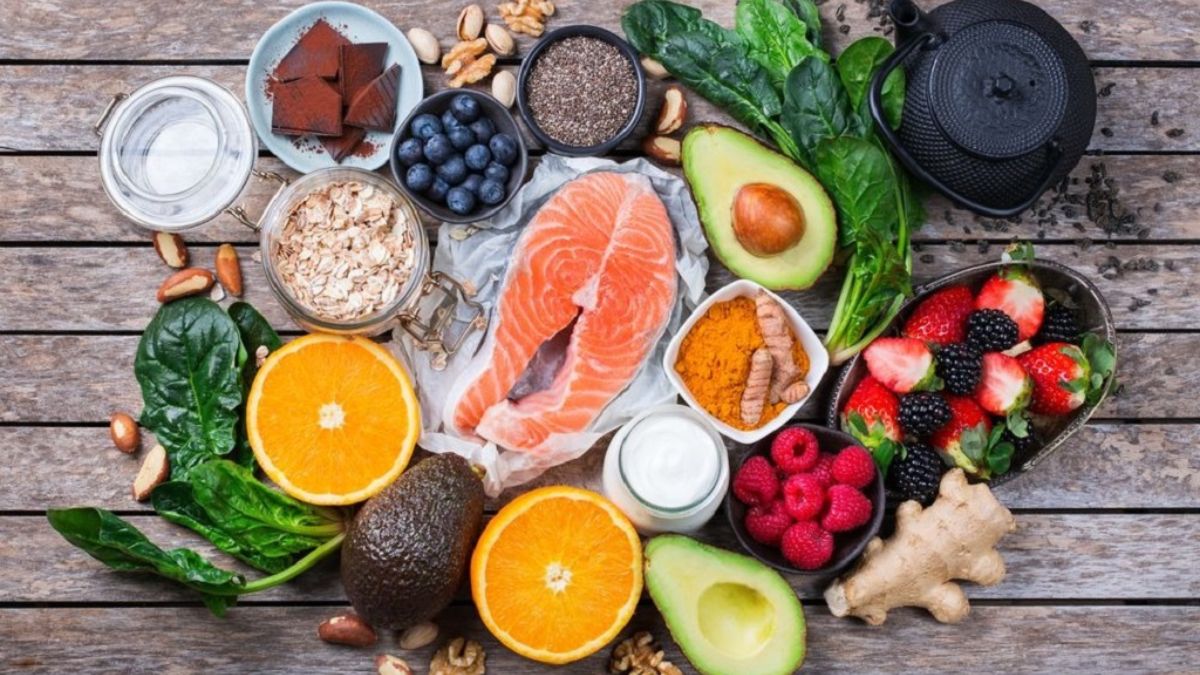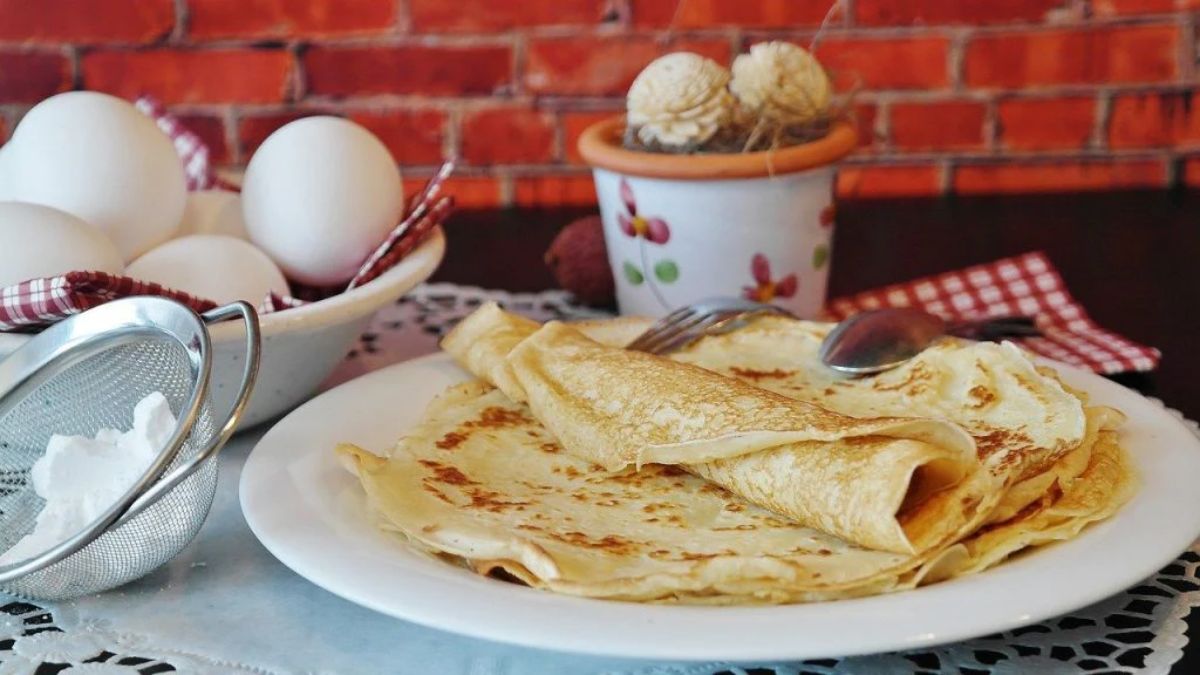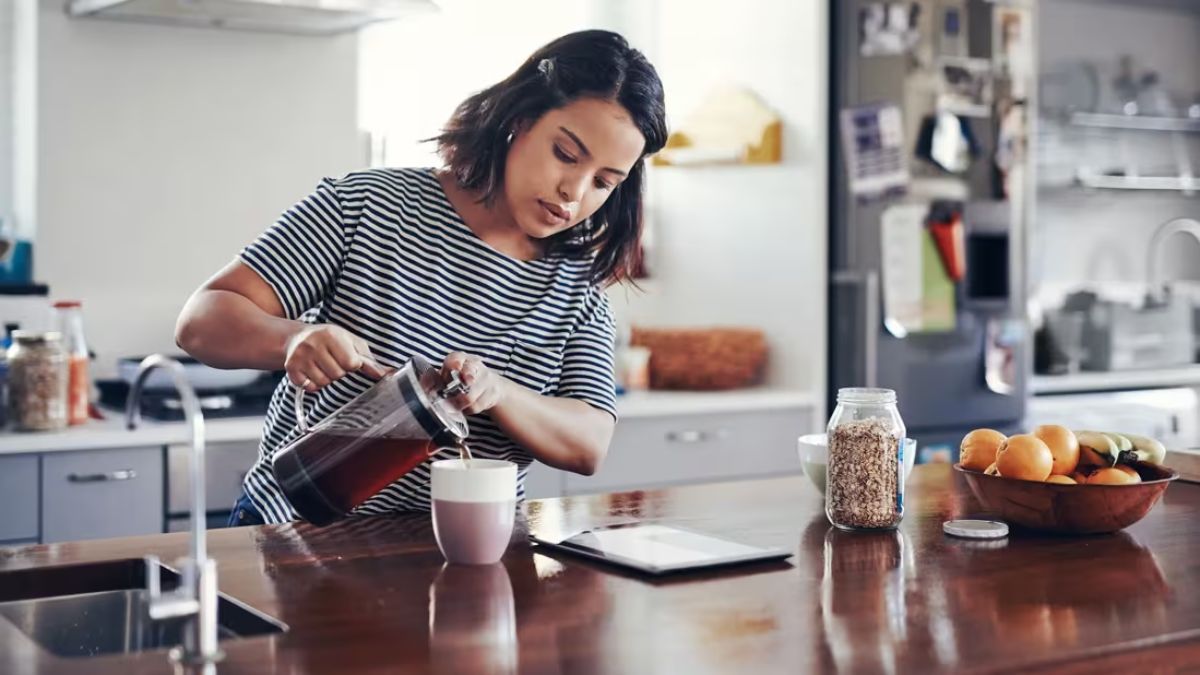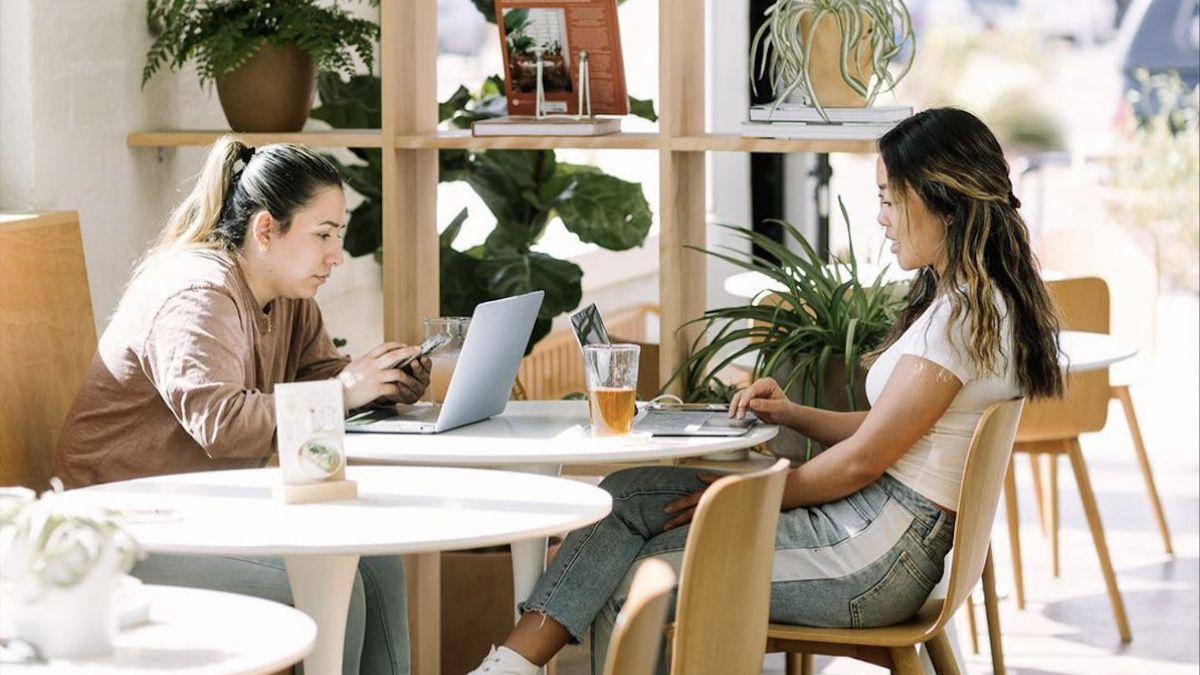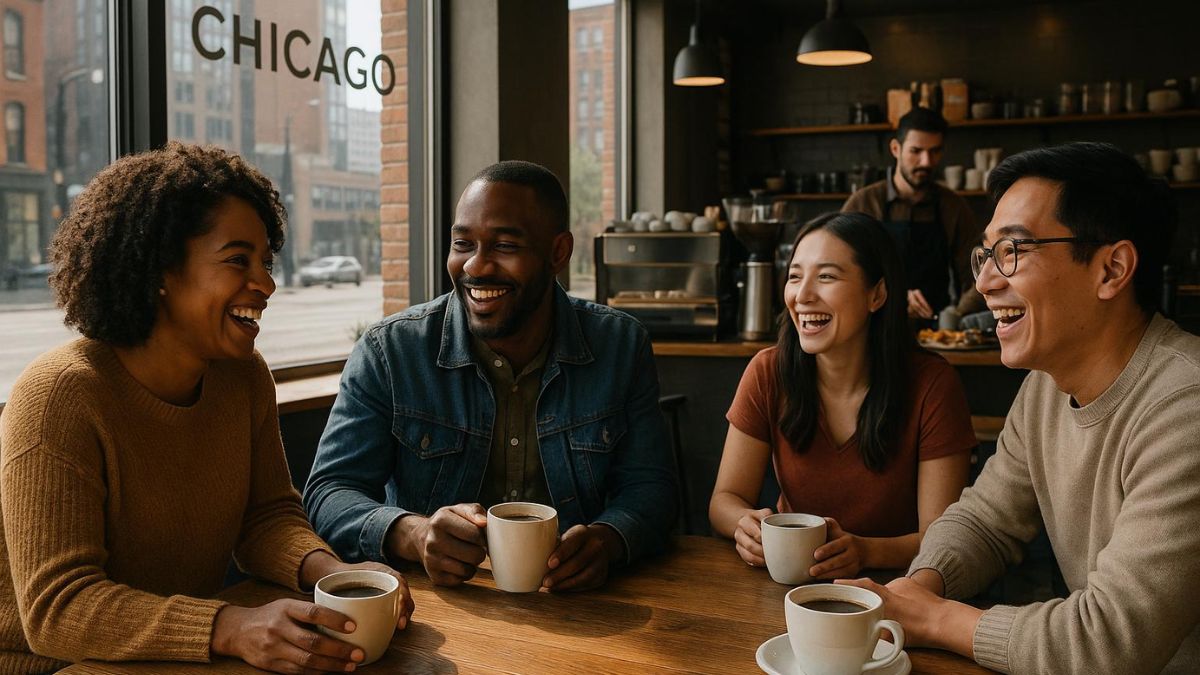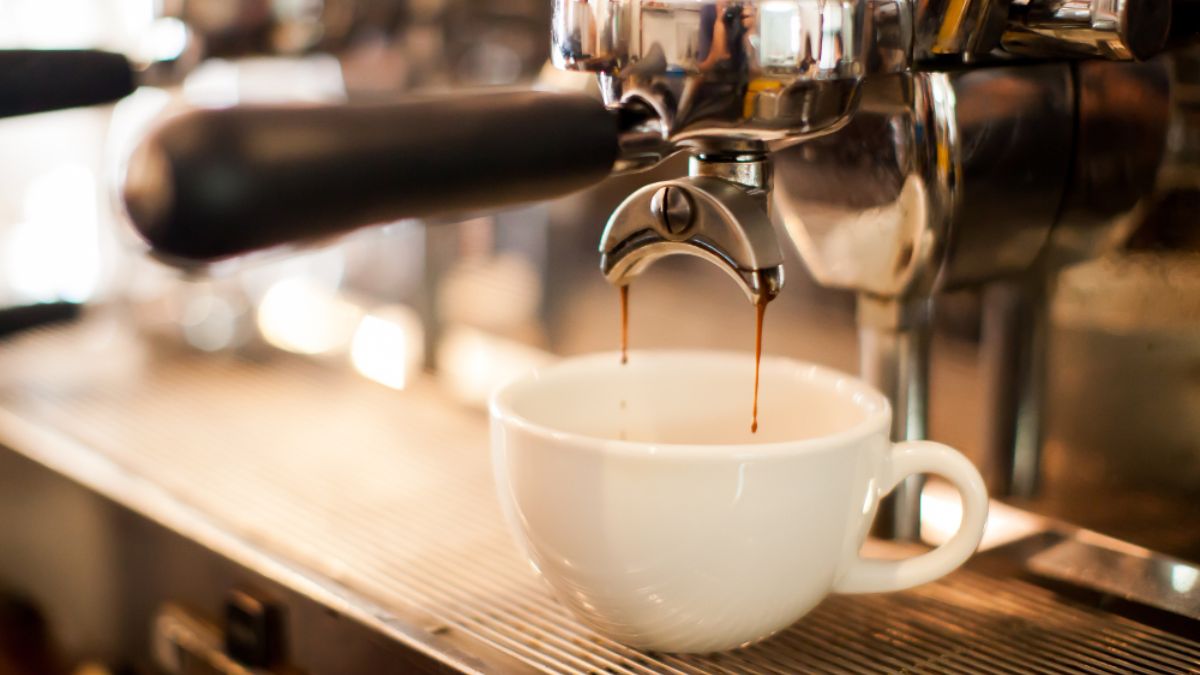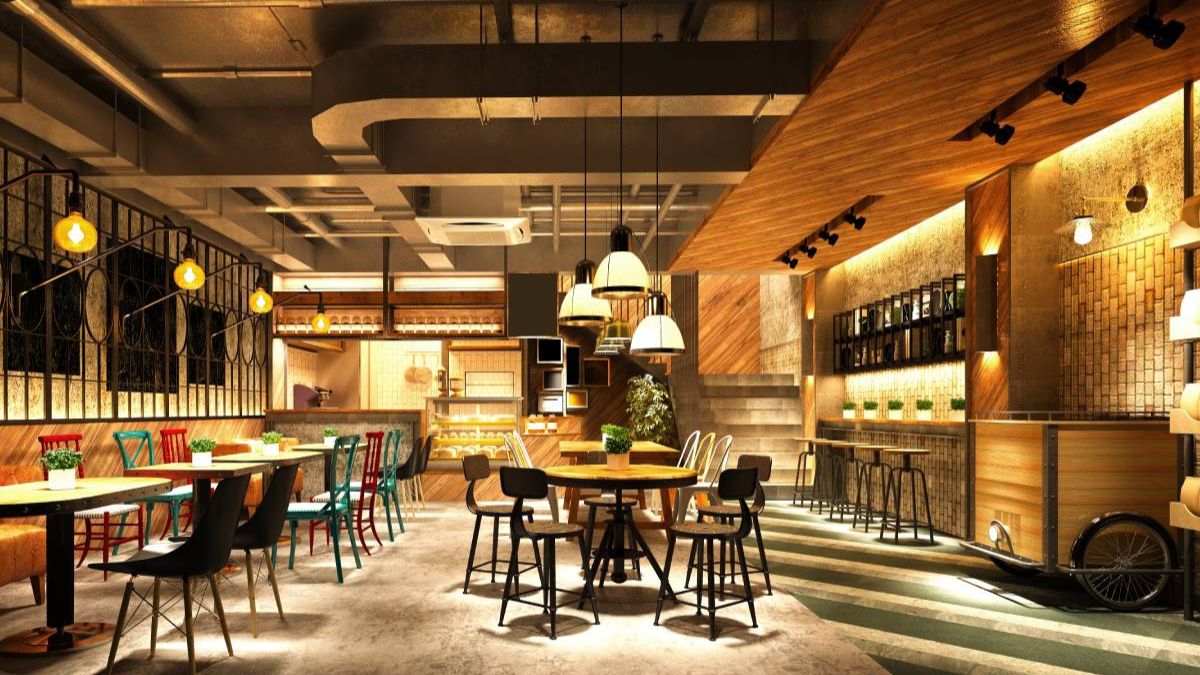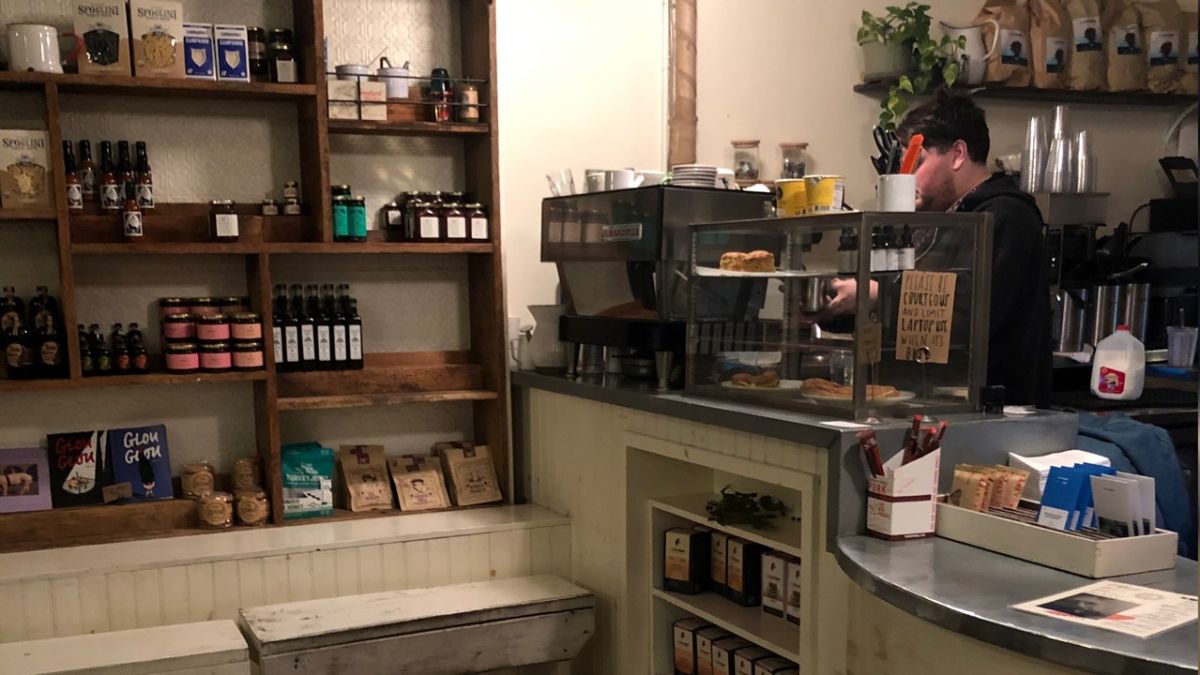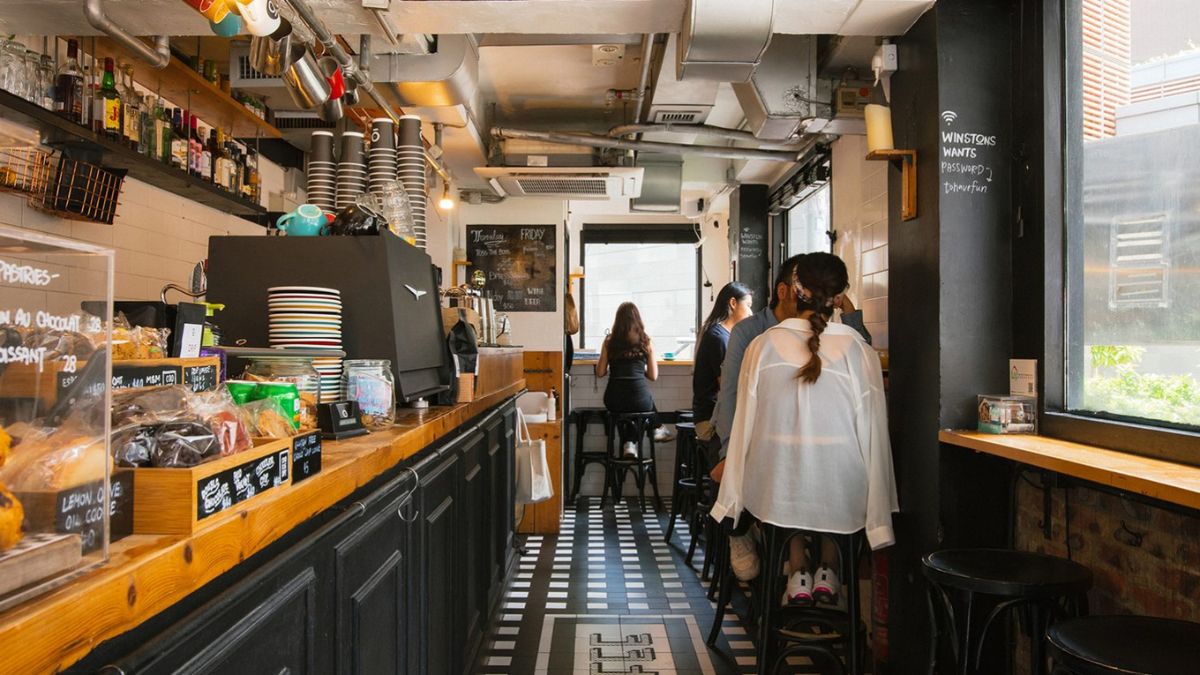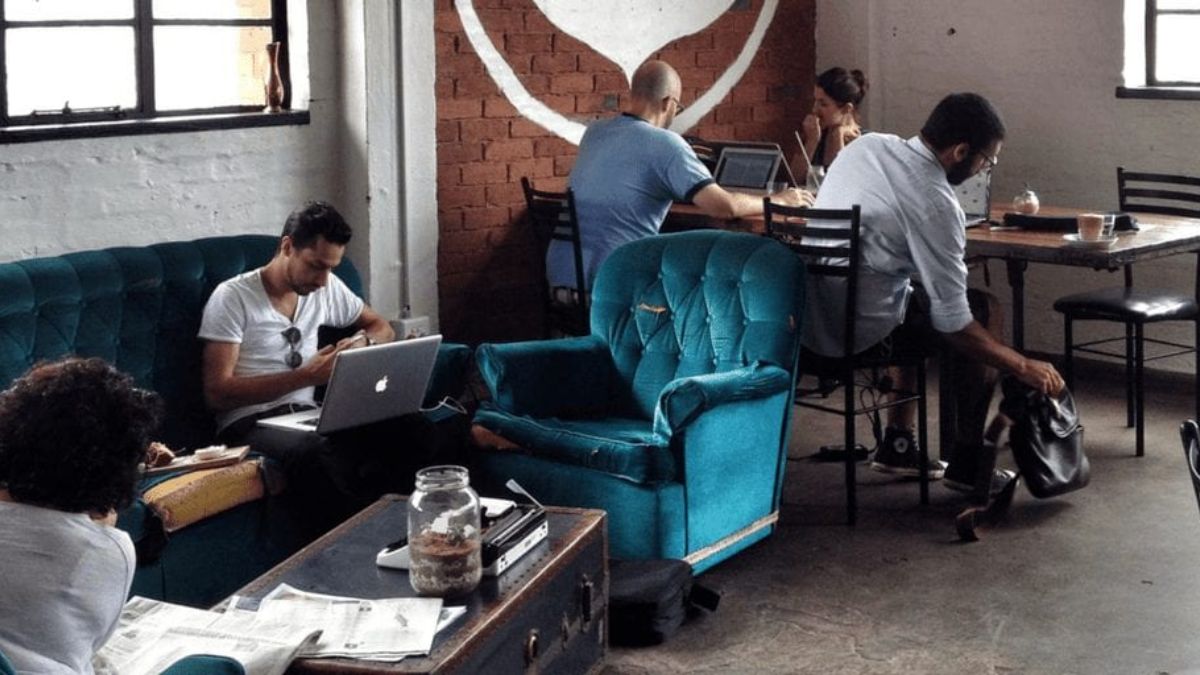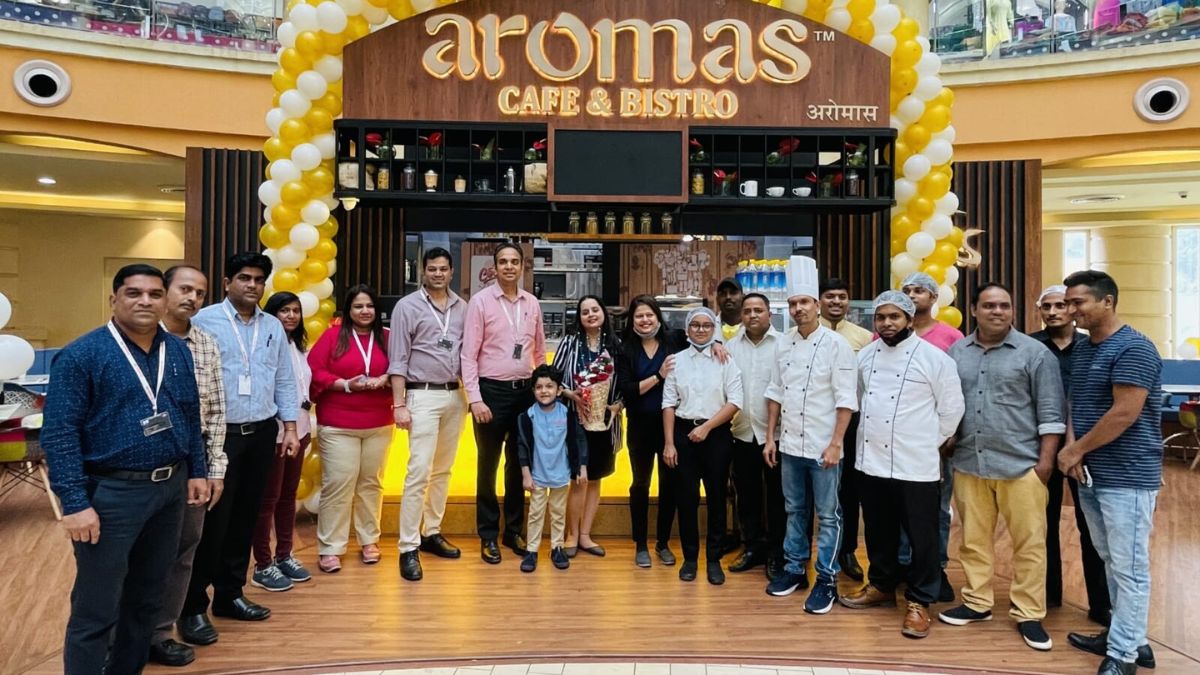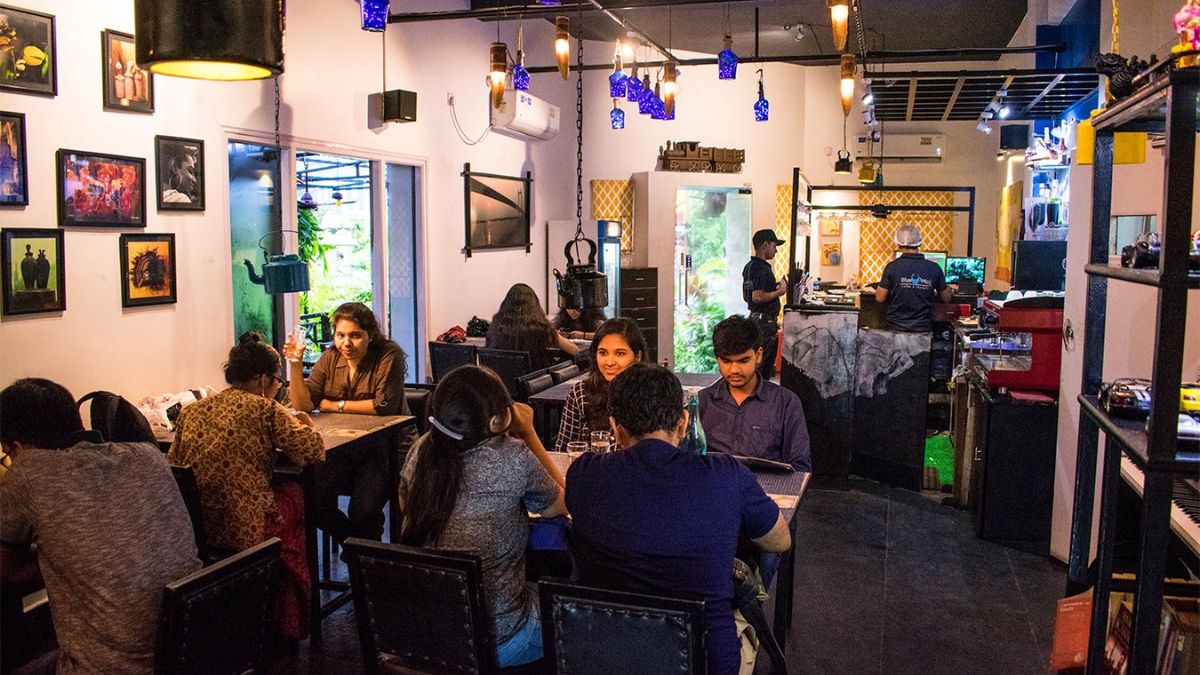If you’re someone who needs a morning kickstart (and let’s be real—who doesn’t?), you’ve probably reached for either coffee or matcha. These two power-packed drinks have become the go-to energy boosts for millions. But here’s the debate that never ends: coffee or matcha—which one actually gives the better buzz?
Let’s break it down and see which brew deserves a permanent spot in your cup.
Caffeine
This is the main reason we reach for both of them, right? That sweet jolt of energy that gets your brain to finally wake up.
Coffee contains more caffeine per cup—about 95 mg on average. If you’re drinking a strong brew or espresso-based drink, it could be as high as 120 mg. Matcha, on the other hand, typically gives you around 30 to 70 mg per serving depending on the grade and amount used.
But here’s the catch: matcha’s caffeine is absorbed more slowly because of an amino acid called L-theanine. That means the energy comes on smooth and steady, without the rollercoaster crash that coffee is notorious for.
Winner for a quick hit: Coffee
Winner for sustained focus: Matcha
Energy
Let’s talk about the type of energy you get from each. Coffee gives you that classic jolt—fast, sharp, and powerful. But sometimes it comes with jitters, a racing heart, or that dreaded caffeine crash two hours later.
Matcha’s buzz is different. It’s more like a quiet confidence. You feel calm, alert, and mentally clear. It won’t launch you into orbit, but it won’t let you crash either.
If you need to power through a morning meeting? Coffee.
If you’re studying, meditating, or working long hours? Matcha.
Antioxidants
Matcha wins this round without question. Because it’s made from ground whole green tea leaves, you’re literally drinking the entire leaf—nutrients and all. That means matcha is packed with antioxidants, especially a powerful one called EGCG, which supports heart health, metabolism, and even brain function.
Coffee also has antioxidants, including chlorogenic acid, but it’s not quite as potent as matcha in that department.
Winner for health benefits: Matcha
Taste
This one’s totally personal, but let’s explore both. Coffee is rich, dark, and bold—sometimes bitter. People either love it black or dress it up with cream, sugar, syrups, and foam art. It’s versatile, but often a bit harsh for sensitive palates.
Matcha is earthy, grassy, and smooth. It has an umami-like depth and slightly sweet finish, especially if it’s ceremonial grade. Some people love it right away. Others take time to warm up to the taste.
If you like bold and roasted? Go for coffee.
If you prefer calm and green? Matcha’s your match.
Preparation
Coffee has all the gadgets—French press, pour-over, drip machines, espresso shots, cold brews. There’s a ritual and a lot of room for customization.
Matcha requires a bit more finesse. You whisk it with hot water using a bamboo whisk (called a chasen). It’s almost meditative. Quick versions with matcha powder and milk are more popular now, making it easier to enjoy on the go.
Both have their rituals. Coffee feels fast and practical. Matcha feels intentional and calming.
Side Effects
Let’s be honest—coffee can mess with you. Too much, and you’re anxious, jittery, and sometimes even dehydrated. Matcha is much gentler on the system, thanks to that L-theanine which helps balance caffeine’s effects.
Also, matcha is less acidic, which means fewer stomach issues if you’re sensitive.
Winner for low side effects: Matcha
Table Breakdown
Here’s a quick comparison of coffee and matcha side by side:
| Feature | Coffee | Matcha |
|---|---|---|
| Caffeine | 95–120 mg per cup | 30–70 mg per serving |
| Energy Feel | Fast and strong | Calm and focused |
| Crash Risk | High | Low |
| Antioxidants | Moderate | Very high (EGCG-rich) |
| Taste | Bold, bitter | Earthy, smooth |
| Preparation | Quick & customizable | Ritualistic & calming |
| Side Effects | Jitters, anxiety | Gentle on system |
Buzz Winner
So, which one gives the better buzz? That depends on what you need.
If you’re after a bold kick to get through the day fast, coffee still reigns. But if you’re chasing calm focus with a side of wellness, matcha quietly steals the crown.
For many, the answer isn’t one or the other—it’s both. Coffee for that morning jumpstart, matcha for the afternoon glow-up. It’s all about balance and knowing what your body responds to best.
FAQs
Which has more caffeine?
Coffee has more caffeine, around 95–120 mg per cup.
Does matcha give you energy?
Yes, matcha offers calm, sustained energy with no crash.
Which is better for focus?
Matcha is better for focus due to L-theanine and stable energy.
Is matcha healthier than coffee?
Matcha has more antioxidants and fewer side effects.
Can I drink both in a day?
Absolutely, many people enjoy coffee in the AM and matcha later.

